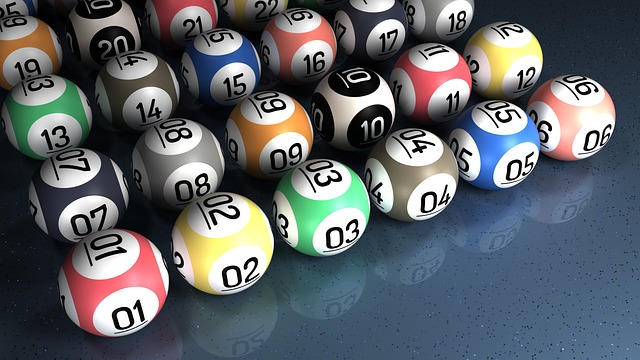
The history of lotto gambling is a rich tapestry woven through centuries, spanning cultures and continents. Originating in the Italian Renaissance, lotto has evolved from a localized pastime to a global phenomenon, captivating millions with the promise of life-changing fortunes. In this article, we delve into the captivating journey of lotto, tracing its roots, development, and the widespread adoption that has made it a ubiquitous form of gambling across the world.
1. Origins in the Italian Renaissance:
The roots of lotto can be traced back to 16th-century Italy during the Renaissance. The first recorded instance of a lottery-like game took place in 1530 in the city-state of Florence. Known as the “Lotto de Firenze,” this early form of lotto was primarily a social event, with citizens purchasing tickets for a chance to win cash prizes or items of value.
The success of the Lotto de Firenze prompted other Italian cities to adopt similar games, leading to the emergence of various regional lotteries. Over time, lotto became ingrained in Italian culture, blending elements of entertainment, community, and the allure of potential riches.
2. Spread Across Europe:
The popularity of lotto in Italy soon spread across Europe, finding its way to other countries such as France, Germany, and the Netherlands. By the 17th century, lotteries had become a common fundraising method for governments, used to finance public works, infrastructure projects, and even wars.
The allure of lotto as a form of entertainment and a means of generating revenue proved irresistible, contributing to its widespread adoption across the continent. Notable lotteries, such as the Royal Lottery in England, played a pivotal role in shaping the perception of lotto as a socially acceptable form of gambling.
3. Colonial America and the United States:
Lotteries played a crucial role in financing public initiatives in colonial America. Notable examples include the funding of Harvard College in 1638 and the construction of roads and bridges. However, concerns about corruption and fraud led to a decline in lotteries’ popularity in the United States in the 19th century.
Despite this decline, lotteries persisted in various forms, with periodic resurgences. The latter half of the 20th century saw a significant shift as state-sponsored lotteries were reintroduced in the United States, contributing to the modern landscape of legal lotto gambling.
4. Globalization and Online Lotto:
The late 20th century brought about a new chapter in the history of lotto with the advent of the internet. Online platforms provided a convenient and accessible way for people to participate in lotteries from around the world. This globalization of lotto expanded the reach of traditional games, introducing players to international lotteries with colossal jackpots.
Major lotto events, such as the Powerball and Mega Millions in the United States and the EuroMillions in Europe, became household names, creating a sense of anticipation and excitement on a global scale. Online lotto platforms not only facilitated ticket purchases but also allowed for innovative features, such as syndicates and quick picks, enhancing the overall player experience.
5. Technological Advancements:
Advancements in technology have further propelled the evolution of lotto gambling. Mobile applications and online platforms offer seamless experiences, enabling players to participate in their favorite lotteries at the touch of a button. Additionally, the integration of cryptocurrencies and blockchain technology has introduced a new layer of security and transparency to the world of online lotto.
6. Social Impact and Charitable Lotteries:
In addition to the pursuit of personal fortunes, lotteries have historically served as mechanisms for supporting social causes. Charitable lotteries, where proceeds are directed towards philanthropic endeavors, have become increasingly common. These lotteries enable players to contribute to a cause they believe in while also having the chance to win prizes.
Conclusion:
From its humble origins in the Italian Renaissance to its global ubiquity in the 21st century, the history of lotto gambling is a testament to its enduring appeal. Lotto has transcended borders, cultures, and centuries, evolving with the times and adapting to technological advancements. What began as a local pastime in Renaissance Italy has become a worldwide phenomenon, captivating the imaginations of millions and shaping the landscape of gambling on a global scale. As lotto continues to evolve, its fascinating journey remains an integral part of the broader narrative of human history and entertainment.